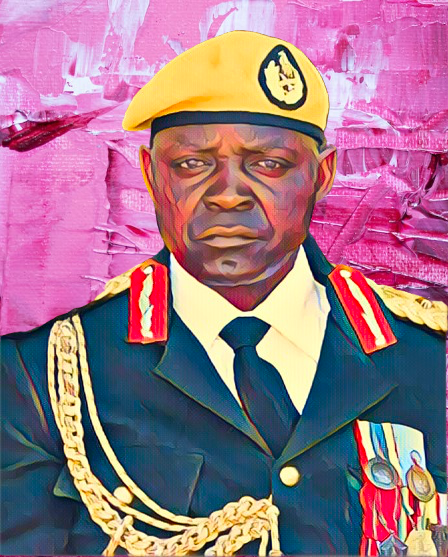In a bold move, prominent Zimbabwean lawyer Beatrice Mtetwa has taken her ongoing feud with the Zimbabwe National Army’s commander, Anselem Sanyatwe, to the Southern African Development Community (SADC). Mtetwa, known for her fierce defense of human rights and democracy, is seeking regional intervention following alleged threats from Sanyatwe aimed at subverting the nation’s democratic processes.
Mtetwa claims that Sanyatwe, who played a key role in the military’s involvement in Zimbabwe’s politics, has overstepped his authority by making statements that undermine the country’s democratic framework. The lawyer has accused the army chief of threatening to use military force to influence political outcomes, a move she describes as a direct threat to the democratic will of the Zimbabwean people.
The escalating tension between Mtetwa and Sanyatwe dates back to the aftermath of Zimbabwe’s 2018 elections. Sanyatwe, who was then a major general, was heavily criticized for his role in the post-election violence that resulted in the deaths of six civilians. The crackdown on protesters raised international outcry, with human rights organizations condemning the army’s actions.
Mtetwa’s appeal to SADC underscores the gravity of the situation. She argues that the regional body has a responsibility to uphold democratic principles and prevent any attempts to undermine them. By bringing this issue to SADC, Mtetwa aims to garner international support and pressure the Zimbabwean government to hold Sanyatwe accountable for his actions.
The lawyer’s move has sparked a debate within Zimbabwe and beyond. Supporters of Mtetwa argue that her actions are necessary to protect the country’s democracy from military interference. They believe that her fight against Sanyatwe is emblematic of a broader struggle for democratic governance and human rights in Zimbabwe.
On the other hand, critics of Mtetwa’s approach argue that involving SADC in Zimbabwe’s internal affairs could set a dangerous precedent. They contend that the matter should be resolved within the country through its existing legal and political frameworks.
Despite the controversy, Mtetwa remains resolute. She has called for a thorough investigation into Sanyatwe’s conduct and for measures to be put in place to ensure that the military remains apolitical. Her stance reflects a broader concern about the role of the military in African politics, where similar scenarios have played out in various countries.
Mtetwa’s actions come at a time when Zimbabwe is grappling with economic challenges and political uncertainty. The country has been struggling with high inflation, unemployment, and a healthcare crisis, which have all contributed to widespread discontent among the populace. Amid these challenges, the lawyer’s fight against military interference in politics serves as a beacon of hope for many Zimbabweans who yearn for a more democratic and just society.
As the situation unfolds, all eyes are on SADC to see how it will respond to Mtetwa’s appeal. The regional body’s stance could have significant implications for Zimbabwe’s future and for the broader region. For now, Mtetwa’s courage and determination continue to inspire those who believe in the power of democracy and the rule of law.
For more information on this story, visit NewZimbabwe.com.


